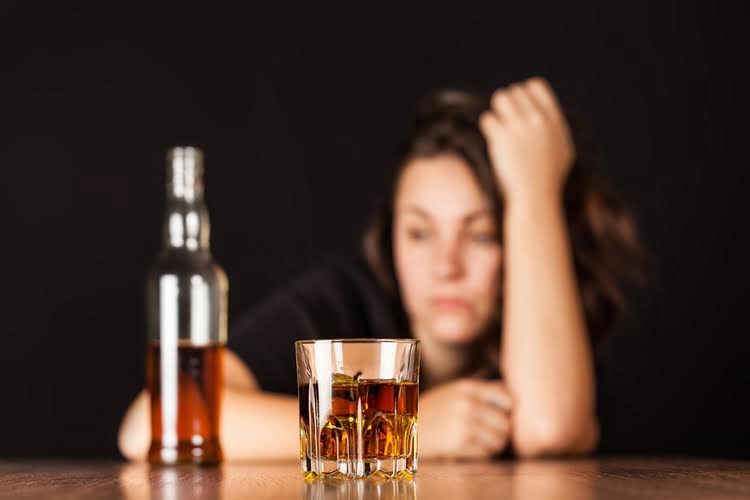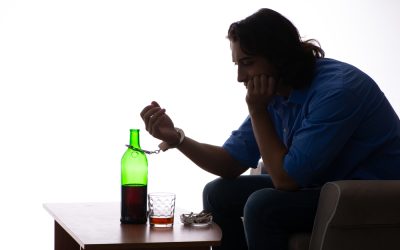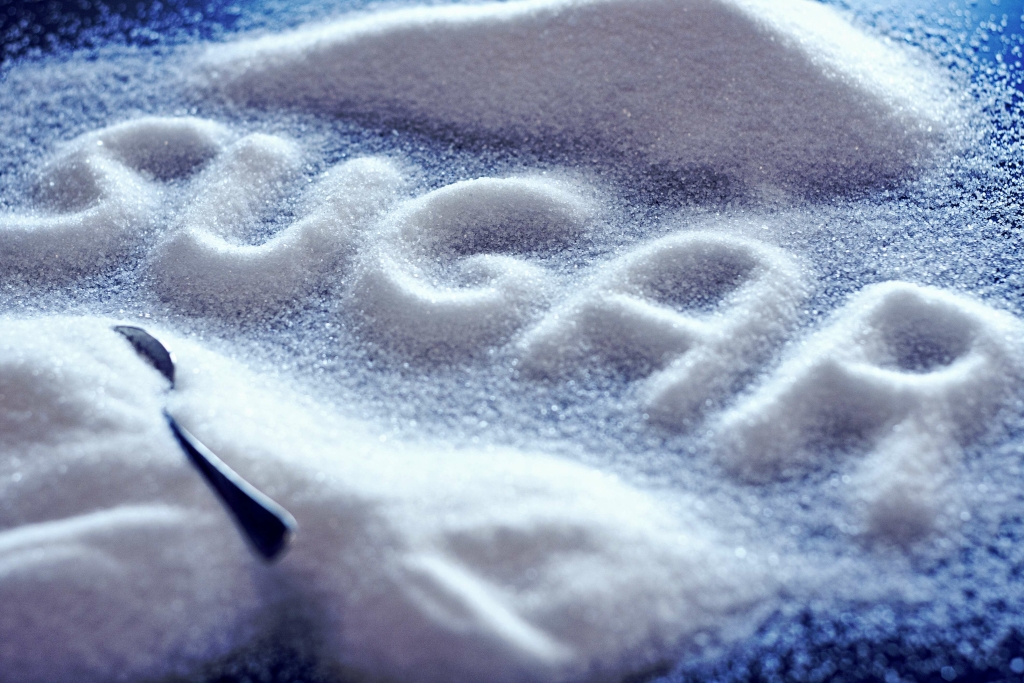“Alcohol is known as a depressant because it slows down brain and nervous functioning,” explains Rosenthal. “In addition, alcohol can depress the levels of mood-regulating neurotransmitters in the brain, such as serotonin and norepinephrine,” he adds. Alcohol may even increase the risk of depression in babies exposed to alcohol in the womb. Children born with fetal alcohol spectrum disorders are more likely to develop depression later, https://darnika.ru/en/salads/topuriya-rasstaetsya-s-muzhem-semeinaya-zhizn-keti-topurii-lichnaya-zhizn-solistki/ according to an earlier study from 2010. Research from 2011 found that having an alcohol use disorder significantly increased a person’s risk of having depression. If a person takes depressants for a long time, they may develop physical dependence and substance use disorder.
Drug and Alcohol Clearinghouse (DACH)

When it comes to diagnosing an alcohol use disorder and a major depressive disorder, it’s important to address them simultaneously, as they can significantly impact your recovery. Even if you’re drinking the same alcoholic beverage at the same rate as someone else, your reactions will differ. It’s important to remember that alcohol is a depressant, and you can overdose if you drink too much. Excessive drinking can also harm your finances, relationships, and physical and mental health, so it’s important to seek professional care if it becomes a problem.
- Doctors may prescribe stimulants to individuals with attention deficit hyperactivity disorder (ADHD) or narcolepsy.
- Depending on your intoxication level, you may experience decreased inhibition, loss of judgment, confusion, and mood swings, among others.
- Alcohol is classified as a central nervous system depressant, meaning that it slows down brain functioning and neural activity.
- This can lead to side effects such as relaxation, drowsiness, slurred speech, decreased inhibition, and problems with coordination.
Lifestyle changes to reduce anxiety

People who drink to cope with psychological https://www.flylady.ru/fly/viewtopic.php?p=566907 distress may drink more over time, especially when they wake up feeling anxious or depressed. Chronic drinking significantly increases the risk of alcohol abuse. Some people with depression drink alcohol to ease their symptoms. Alcohol may be a socially acceptable drug, but it’s still a drug.
- But when the high starts to wear off the buzz can quickly give way to fatigue, confusion and depression — more like the effects of a depressant drug.
- Additionally, the effects that alcohol induces can easily put others at risk and in danger.
- Naltrexone may also be used to reduce drinking without quitting cold turkey.
- Benzodiazepines, for example, can alter mood and trigger depression, especially if you take them for an extended period of time.
How are they treated?
A common misconception is that because alcohol is a depressant, it will help you sleep. Initially, alcohol may promote feelings of relaxation that help you feel drowsy and http://www.chih-pih.ru/index.php?ind=quote&st=800 fall asleep faster. Here are five ways that drinking too much alcohol can affect your long-term mental and emotional well-being.
- However, alcohol can make these feelings and other symptoms worse over time, perpetuating the cycle of alcohol consumption and depression.
- As one of the most widely used and socially accepted drugs in the world, alcohol is easily abused.
- Examples of stimulants include weak or mild caffeine, more potent prescription amphetamines, and illegal drugs like cocaine.
- So unless you really want to be stumbling around before you keel over into bed, mixing alcohol and antidepressants is a bad idea.
Long-Term Alcohol Risks

Your doctor will likely conduct a physical exam and a psychological evaluation. These tests help them calculate your risk factors for either condition. This multi-test approach will help them rule out other conditions that might account for your symptoms. Individuals with alcohol use disorder may drink too much alcohol, too often.
- Antidepressants may be taken every day to help treat anxiety, while benzodiazepines are generally used for temporary relief from uncontrollable feelings of anxiety.
- When you start drinking, booze acts like a stimulant, making you excited and energetic.
- For example, alcohol may temporarily reduce anxiety and lower inhibitions.
- But if you have trouble managing your drinking, become fixated on alcohol, or keep drinking even though it may cause issues, you might have alcohol use disorder.
- This happens faster than the liver can metabolize and eliminate alcohol.
Effects on the body

These side effects may help discourage people with AUD from drinking. Variations in this gene might put people at risk of both alcohol misuse and depression. People who are depressed and drink too much have more frequent and severe episodes of depression and are more likely to think about suicide. The use of medication to treat an alcohol use disorder and a major depressive disorder depends entirely on the individual and their circumstances. One study of 421 people found that 25% had both alcohol misuse and depression.
